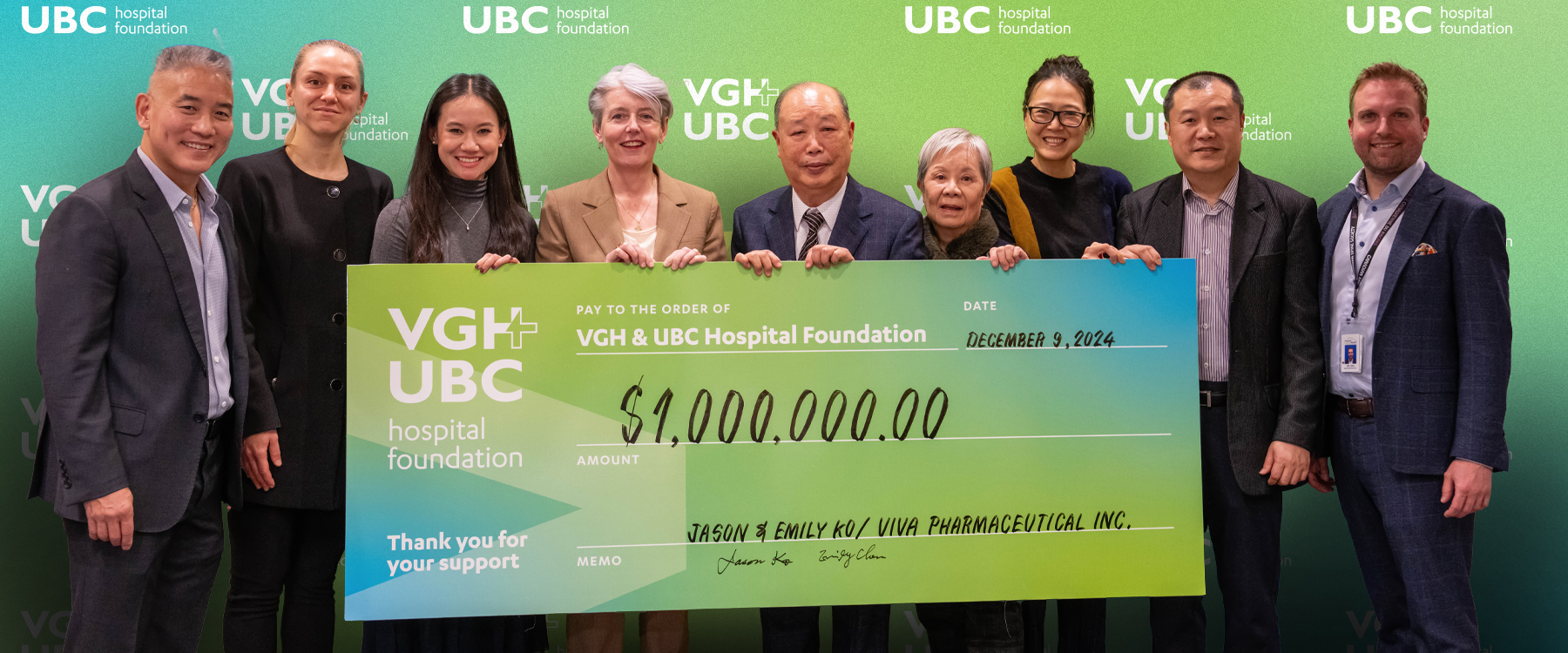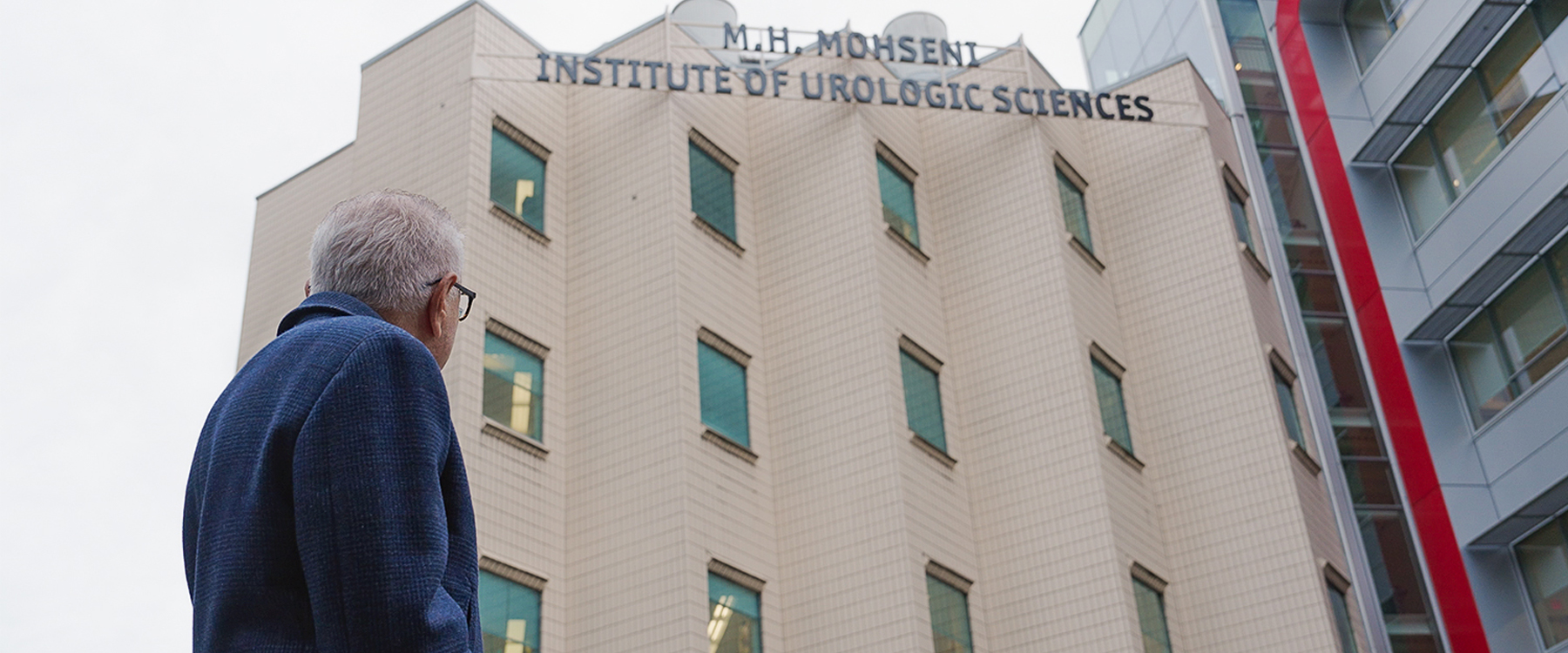Teams at Ravensong and Evergreen Community Health Centres, and soon, Richmond Home Health, are working together to better care for clients with Diabetic Foot Ulcers (DFUs), a type of wound that affects up to a quarter of people with diabetes and is a leading cause of non-traumatic lower-limb amputations.
VCH sees over 100 non-traumatic lower-limb amputations each year due to DFUs. Nurses specialized in wound, ostomy, continence are piloting a new care approach for DFU clients: Total Contact Casting (TCC).
TCC is a specialized approach where the cast makes close contact with the foot, relieving pressure on the wound and promoting faster healing.
“When used appropriately, TCC can heal a DFU in four to 12 weeks, compared to current heal times of over 20 weeks,” says Christina Hagner, Clinical Nurse Specialist – Wound, Ostomy and Continence. “TCC can also help prevent wound infection, re-hospitalization, and amputation and helps us vastly improve our client’s quality of life. Our goal is to have TCC become routine care across VCH.”
As the gold standard in care, TCC demonstrates a host of benefits:
- TCC reduces amputations. Implementing TCC can significantly reduce the number of amputations by promoting faster healing, ultimately improving client quality of life and reducing health-care costs.
- TCC improves healing rates. The TCC approach is known to accelerate healing rates and reduce healing time. By standardizing its use across VCH, more clients can benefit from quicker recovery times, with fewer complications and improved clinical outcomes.
- TCC addresses health-care inequities. Indigenous people with diabetes experience higher rates of lower-limb amputations than the general population. By improving DFU treatment outcomes, we can help reduce health disparities in Indigenous communities.
- TCC helps standardize care. Standardizing care protocols for DFUs ensures that clients receive consistent and high-quality treatment regardless of where they are receiving care within VCH.
- TCC has cost savings. Treating DFUs is expensive, often requiring ongoing care and frequent hospitalizations. Integrating TCC can help VCH reduce health-care costs by decreasing readmissions, preventing infections, and minimizing the surgical need for amputations.
This project is generously supported by the Vancouver Coastal Health Boehringer Ingelheim Innovation Collaboration (VCH-BI) and VGH & UBC Hospital Foundation. We provide flexible seed funding for innovation initiatives in the areas of chronic disease, planetary health, and Indigenous health.
Source: Vancouver Coastal Health – Specialized wound care = better outcomes for diabetic clients

